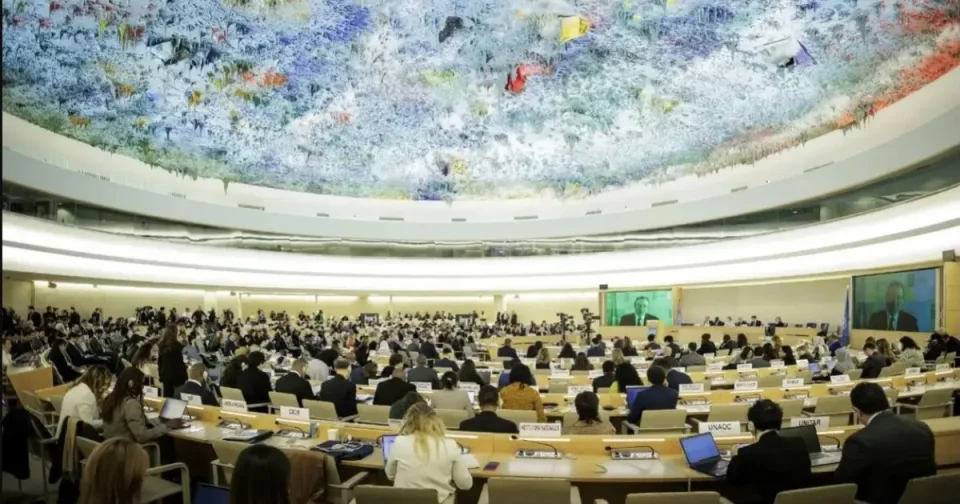Saudi Arabia is pursuing a seat on the United Nations Human Rights Council in a vote scheduled for October 9, coinciding with the alarming news that the kingdom has reached a record number of executions this year.
As of now, the kingdom has executed at least 206 individuals in 2024, a statistic that human rights groups are using to highlight ongoing concerns regarding the country’s treatment of dissent and autonomy. The push for a seat on the council is seen as contradictory to the district’s human rights track record, especially given its recent spike in executions.
The Saudi Human Rights Commission previously announced in 2020 that no one would be executed for crimes committed as minors, following a royal order. However, this pledge has not materialized, as the actual implementation has raised serious questions about the kingdom’s commitment to human rights.
Riyadh has faced significant criticism for its ongoing execution practices, particularly as part of a broader crackdown on free expression and political opposition. Recently, the country has imposed strict national security laws, perceived to be used against activists and dissenters, enforced in a manner that suggests a heightened focus on maintaining control.
Critics argue that these developments raise concerns over whether Saudi Arabia will genuinely uphold human rights standards while seeking a prominent role on the international stage. The director of Reprieve, Jeed Basyouni, pointed out the lack of transparency regarding Saudi actions, stating, “We don’t know how the laws are being enforced or protected.”
The international community remains on alert as the Saudi government has repeatedly dismissed allegations of human rights violations while continuing to market itself as a key ally to various nations. This apparent contradiction has fueled skepticism about the kingdom’s intentions, particularly as it seeks to enhance its global standing amid calls for accountability.
There is a pervasive concern that the country might use its influence to obscure its ongoing human rights issues while joining the UN council. Many believe that without tangible improvements in its human rights record, Saudi Arabia’s place in the council would merely serve to legitimize its actions on the global stage.
Despite the mounting concerns, discussions surrounding Saudi Arabia’s international relations are intertwined with strategic interests, notably due to its role in stabilizing the region amid ongoing tensions. As the kingdom continues its pursuit of a UN seat, the spotlight remains firmly on its commitment to human rights and how that aligns with its broader geopolitical ambitions.
Families of those facing execution still cling to hope amidst the turmoil. “All that matters to us is the safety of our loved ones,” said a relative of a condemned prisoner. As Saudi Arabia navigates its path toward international recognition, the question remains whether it can reconcile its ambitions with the pressing need for meaningful human rights reforms.
Credit: ABC news





